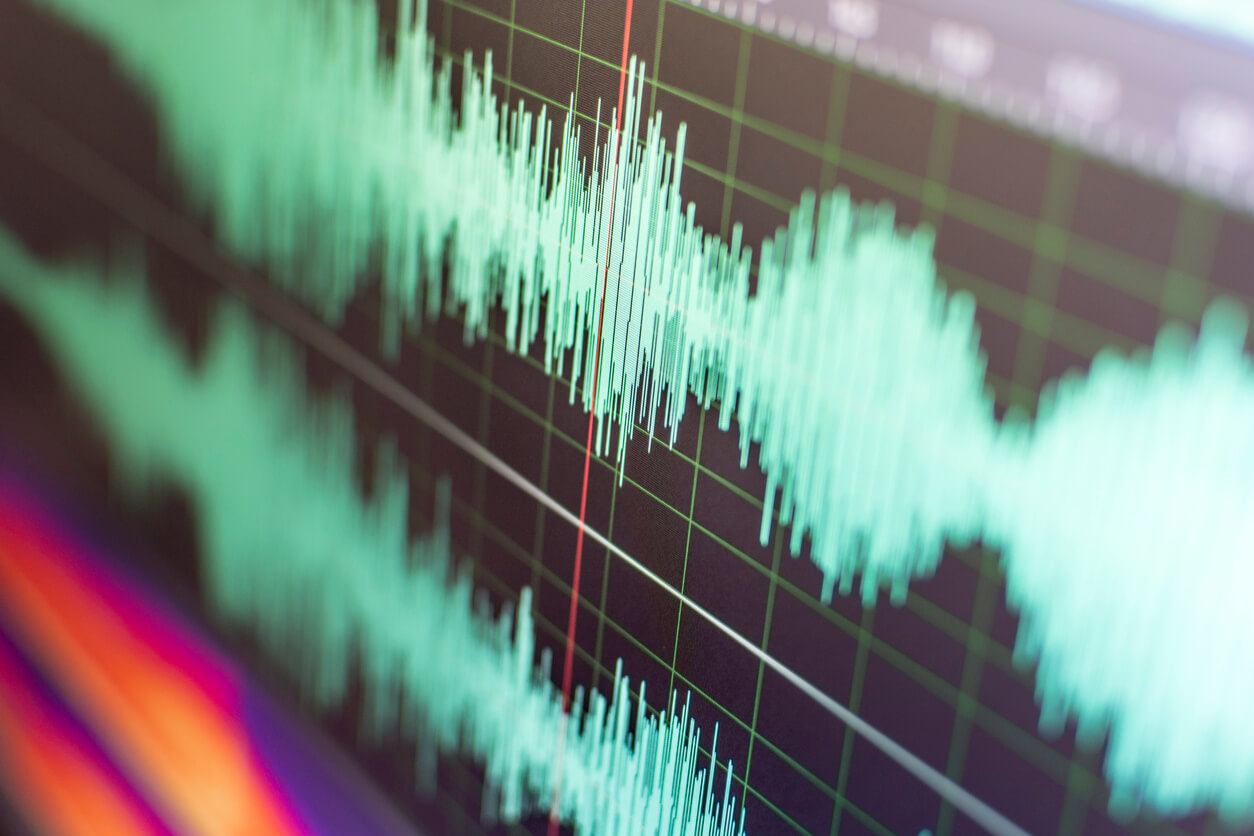Washington State’s privacy laws generally require the consent of both parties to record a conversation, but there are exceptions to this rule. If an alleged victim records a crime in progress or if the alleged perpetrator accidentally records the event, the audio recording could get used in court. Also, there are additional exceptions for the media, emergencies, threats, and harassment.
A Washington criminal defense attorney can protect your rights if you get accused of or charged with a violation of the law and provide you with guidance on the issue of whether audio recordings are admissible evidence in a criminal trial.
What Is Two-Party Consent?
Washington is a two-party consent state, which means that both parties to a conversation must consent to the event getting recorded. Consent after the fact is not sufficient. The consent must be granted before the recording takes place.
RCW 9.73.030 makes it illegal for any person, business entity, or state or local government to private communications or conversations between two or more individuals without getting prior consent of all the parties to the communication or conversation. The ban on recording or intercepting private communications applies to communications transmitted by telephone, radio, telegraph, or any other device.
Exceptions to the Two-Party Consent Rule
As expected, there are several exceptions to the general rule that requires the prior consent of all parties to the conversation or communication. These exceptions include:
- Conversations or communications reporting an emergency, like a disaster, fire, disaster, or medical crisis
- Communications or conversations that include unlawful requests or demands, such as threats of bodily harm, extortion, or blackmail
- Anonymous or highly inconvenient harassing conversations or communications, or
- Communications by a barricaded person or who is holding someone hostage.
Also, different rules apply to the media and to people who have announced to all the participants in the conversation or communication that the event will be recorded.
How Washington State’s Two-Party Consent Privacy Law Works in Criminal Cases
The Washington State Supreme Court ruled that a victim can record evidence of a crime in progress without violating the two-party consent law. That audio recording, often captured on a cell phone, can get used against the accused at trial.
In the case in question, a husband got convicted of attempted second-degree murder and second-degree assault with domestic violence allegations for beating and threatening to kill his wife. The judge in the bench trial sentenced the defendant to 144 months of imprisonment. The evidence at trial included an audio recording the husband inadvertently made of the assault on his cell phone, including his statement to his wife, “I will kill you,” her response, “I know,” and her screams.
The defendant overturned the conviction on appeal because the recording violated his right to privacy. The state Supreme Court reversed the appellate court, saying that the recording was of a crime in progress and not a “conversation” and intended in the state privacy law. Also, the situation fits into the exceptions for emergencies and threats of bodily harm.
If your case involves the recording of private conversations or communications, you will want to talk with a Washington criminal defense attorney who can answer your questions about how our state’s privacy laws apply to audio recordings in criminal trials. Contact Jennifer today to schedule a consultation.
DISCLAIMER: This post is intended to share my perspective, insights and some general information on various aspects of criminal cases. It is not legal advice and is not intended to substitute for legal advice. You should consult an attorney to obtain legal advice for your individual situation and case.

